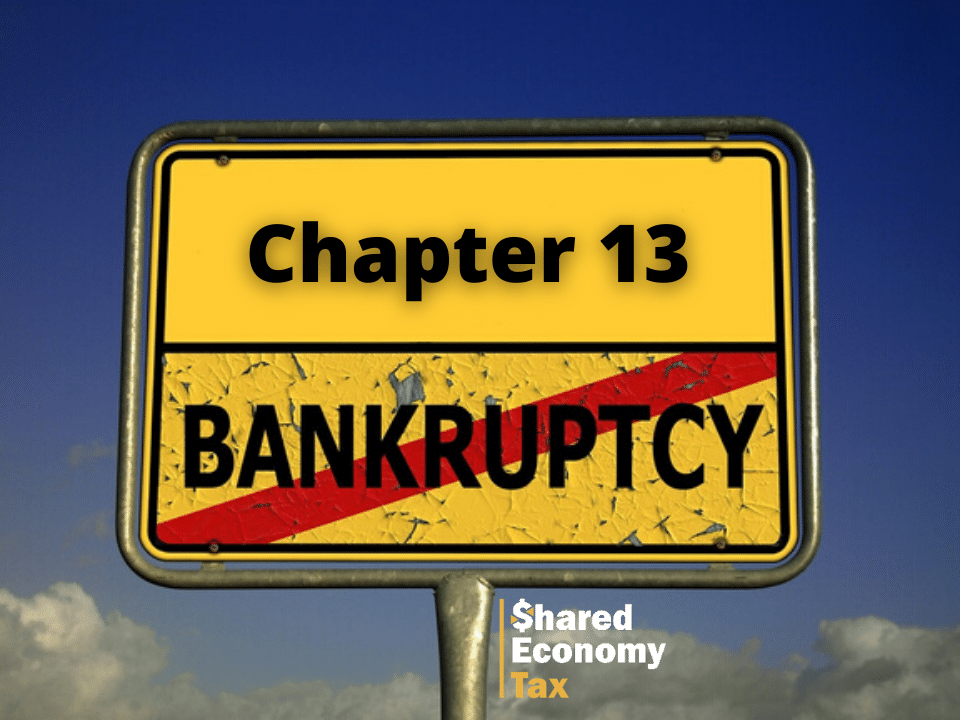Bankruptcy is a last resort for most business owners, but sometimes it’s the best option. Filing for bankruptcy can protect you from your creditors, but it’s a complicated process with long-lasting consequences. Most people hire a lawyer to help them navigate the process, but you should consider all the factors before you decide to file. There are several types of bankruptcy, but Chapter 13 bankruptcy is the most common choice for individuals and small businesses.
What is Chapter 13 Bankruptcy?
Chapter 13 bankruptcy is also called the wage earners plan. The type of bankruptcy allows working individuals to pay back all or part of their debt by restructuring it into one lump sum. Typically, this process lowers the overall cost of monthly payments and gives the individual up to five years to pay it.
A court determines the payment amount based on variety of factors. The idea is to set a fair payment price that won’t cause an undue hardship to the debtor. This allows individuals to retain their assets while they catch up on their debts. Chapter 13 bankruptcy can also halt foreclosure proceedings while borrowers cover their back payments. However, the bankruptcy filer must make every payment on time during the collection period or they risk violating they agreement.
After bankruptcy, creditors can’t take action against the borrower. This provision of is called an automatic stay, and it’s one of the biggest advantages associated with bankruptcy protection. Once you file for bankruptcy, your creditors can’t harass you anymore. This includes halting all collection calls, wage garnishment, foreclosures, and even repossessions.
How Does Chapter 13 Work?
Under chapter 13 rules, debtors make monthly payments to a court-appointed trustee. Then, the trustee distributes the payment to creditors on a priority basis. Tax liens and child support debts are first in line. Next comes secured debt that the claimant wants to retain, such as their home or vehicle. Finally, unsecured debt gets paid last.
If you’re working or self-employed, you can apply for chapter 13 bankruptcy. However, you must meet some eligibility requirements. Unsecured debts like credit cards and medical bills can’t exceed $394,725. On the other hand, there is a $1,184,200 limit on secured debts like mortgages.
Chapter 7 vs Chapter 13
Debtors can also file under Chapter 7 bankruptcy. However, you shouldn’t consider this approach unless you absolutely cannot afford to pay your debts. Chapter 7 forgives most types of debt, but you have to liquidate your assets to cover as much as you can. The bankruptcy trustee is responsible for selling your assets and using the proceeds to pay your creditors. Conversely, Chapter 13 lets you keep your assets, but you have to agree to a structured payment plan.
Chapter 13 lets you keep your assets, so most people choose this approach over Chapter 7. However, Chapter 7 bankruptcy wipes your debts as soon as you’re approved. Conversely, paying off your debts with Chapter 13 can take up to five years.
Chapter 7 filers must also pass a means test. This determines whether you have sufficient disposable income to cover your debts. The test measures your income against the median income in your state. If you exceed this benchmark, you can’t qualify.
How Long Does Bankruptcy Stay on Your Credit Report?
One of the downsides to bankruptcy is it affects your credit report. Chapter 7 stays on your credit report for up to 10 years, and it takes seven years for Chapter 13 to come off.
How Much Does It Cost to File Bankruptcy?
Chapter 13 bankruptcy applications only cost $310 to file with the courts. However, you’ll have to pay more to hire an attorney. The court allows you to pay in full or in four monthly installments. If your income is very low, the court might waive the filing fee entirely.
Your will pay a lot more if you hire a bankruptcy attorney. Filing Chapter 13 bankruptcy with a lawyer typically costs between $1,500 to $4,000.
Can I file Bankruptcy without a Lawyer?
Yes. However, bankruptcy filings are extremely tedious. You must account for all of your assets, income, and debts, and it takes tons of paperwork. However, you can go it alone if you really want to save on legal fees, but it can cost you big if you make a mistake anywhere.
Get More Accounting Help Now
We’re not attorneys, so we can’t tell you if Chapter 13 bankruptcy is the right choice for you. However, we’re more than happy to help with your accounting needs. Get started now with a one-on-one strategy session with one of our tax pros. We can show you some neat tax planning tricks that could save you a bundle on taxes. You can also subscribe to our free tax tips newsletter using the form below.
